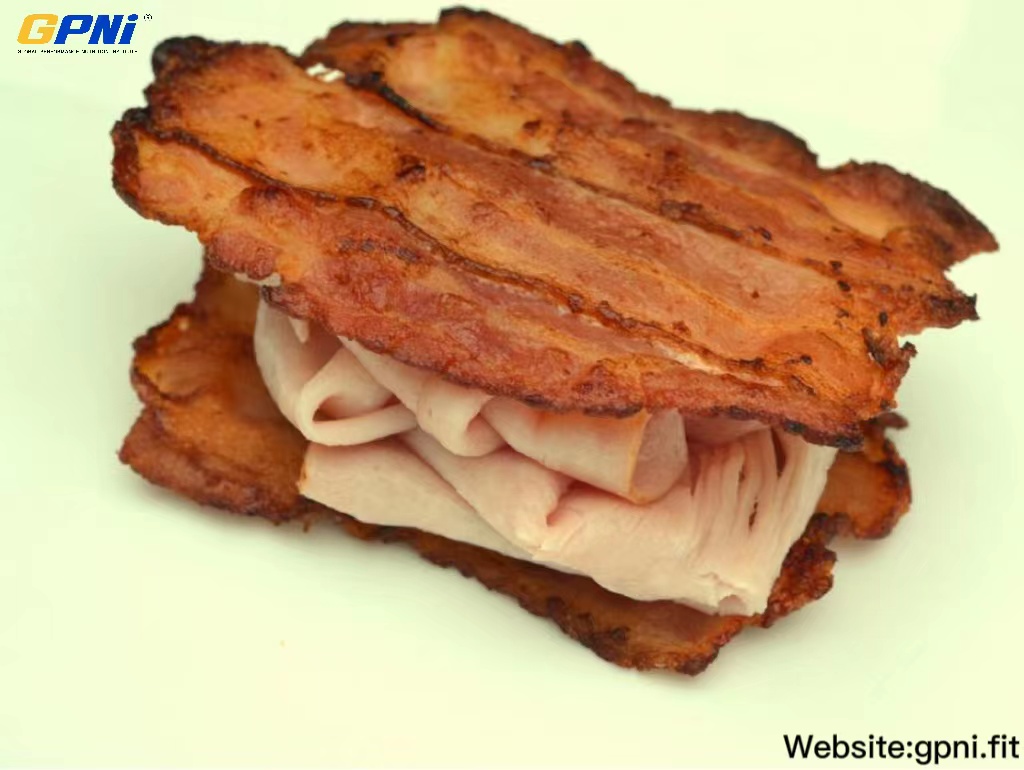One thing that has remained rather constant over the years is the seemingly never-ending creation of fad diets. There is always a new fad diet or special food to try. Despite the emphasis put on consistency and consuming a balanced diet with regular physical activity, wild unsustainable fad diets can steal the show. One such diet is known as the carnivore diet. As the name would imply, this diet trend requires individuals to eat only meat. Unlike the ketogenic diet which allows a nominal amount of carbohydrates to be consumed, the carnivore diet consists of exclusively consuming meat, poultry, organ meat, fish, shellfish, eggs, bone marrow, as well as small amounts of lard, butter, and low-lactose dairy products.
Dr. Shawn Baker, the author of, is a former orthopedic surgeon and carnivore diet advocate. His book highlight “evolutionary, historical, and nutritional science that gives us clues as to why so many people are having great success with this meat-focused way of eating”. Although he initially claimed to consume a 98% carnivore diet, it was later revealed he consumes a 70-80% carnivore diet and includes nuts, seeds, and minimally processed foods. Dr. Shawn Baker and other carnivore diet advocates claim that plant-based foods are not required to live. They theorize this style of eating closely mimics our ancestors. I am not an evolutionary biologist, but I will go out on a limb and guess that our ancestors were NOT very picky about what foods they could get their hands on, especially when foraging for food.

Purported benefits of this diet include weight loss, decreased inflammation, increased testosterone levels, and mental clarity. However, there is little to no scientific research on the safety and efficacy of this diet aside from one survey-based study. This study used self-reported data to analyze the nutritional practices and health status of those following a carnivore diet. The paper reported “few adverse effects and high satisfaction”. Unfortunately, self-reported data via social media surveys are not the most reliable information. It doesn’t take a plethora of scientific information to know this diet is a terrible idea.
First, it emphasizes the elimination of all plant-based foods – carbohydrates! Carbohydrates are an essential macronutrient. Any diet that encourages the complete elimination of a macronutrient is a huge red flag. Carbohydrates are needed to provide the body with energy.
This is especially true for athletic performance. Countless studies have highlighted the negative consequences of inadequate carbohydrate intake on sports performance.

Next, the elimination of an entire food group or macronutrient leads to micronutrient deficiencies. Micronutrients are needed in small amounts, yet they are essential for our bodies to physiologically function. Manganese, folate, vitamin K and fiber are a few nutrients that would be lacking if following this diet. Plant-based foods such as sauerkraut and kimchi contain probiotics that are needed to promote a healthy gut microbiome.
The biggest flaw with this type of diet is sustainability. Most people cannot afford let alone survive on a meat-only diet. It may seem catchy, but the negative consequences outweigh any of the unsubstantial health claims. Nothing beats the tried-and-true formula of consistency, a balanced diet, and daily movement.

Cassie Evans is a registered dietitian and a published researcher. She has studied sports nutrition and completed an internship with the University of Miami Sports Nutrition Team and Nova Southeastern University’s sports performance team. She holds a Bachelor of Science in Exercise and Sports Science and received her CISSN in 2018. She is currently pursuing her doctorate in Human and Sports Performance from the Rocky Mountain University of Health Professions.
References:
- Belinda S Lennerz, Jacob T Mey, Owen H Henn, David S Ludwig, Behavioral Characteristics and Self-Reported Health Status among 2029 Adults Consuming a “Carnivore Diet”, Current Developments in Nutrition, Volume 5, Issue 12, December 2021, nzab133, https://doi.org/10.1093/cdn/nzab133
- Kanter M. High-Quality Carbohydrates and Physical Performance: Expert Panel Report. Nutr Today. 2018;53(1):35-39. doi:10.1097/NT.0000000000000238







